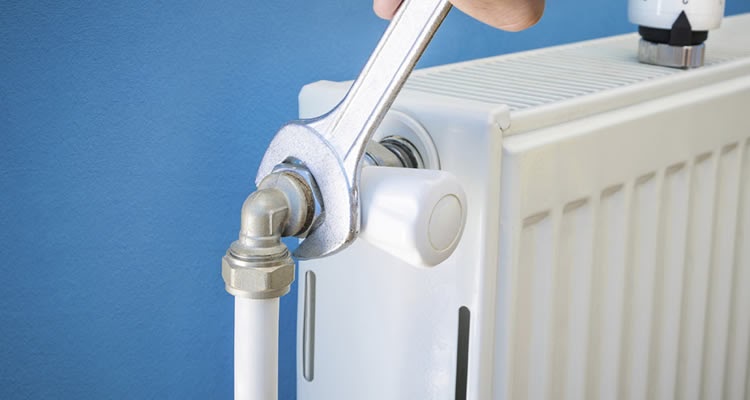We all know cleaning our household devices helps ensure their longevity – we put dishwasher salt in our dishwasher to help remove limescale, we put drain unblocker down our sinks and baths to remove any buildup, and we use oven cleaner to help remove stubborn stains and marks to ensure our oven remains safe to use for cooking.
Yet despite all this, the same care is rarely given to arguably the most important household device in your home – your boiler. Responsible for heating your radiators and keeping your home topped up with a supply of hot water, your boiler plays a vital role in keeping your home safe and secure, so why do we often not give it the same care to ensure it’s own longevity?
Regardless of whether you have a combi boiler, a system boiler or a conventional, the best way to increase the lifespan of your boiler is with a power flush.
Do I need a power flush?
Your boiler’s pipes play an important role in transporting gas and water around your home, but that constant movement over time can cause your piping to build up sludge (essentially leftover dirty water) and rust.
This is particularly a problem when it comes to heating your home. When enough sludge builds up in the piping around your radiator, the areas of buildup are unable to effectively push hot water through the pipes. When this happens, the affected areas are unable to heat that specific point correctly, giving you cold spots on your radiator.
Cold spots naturally mean less heat will be given off by your radiator, meaning as well as feeling a bit colder than you may like, you’ll also be more tempted to reach for the thermostat. If this is the case, you could end up paying more for your energy bills due to inefficient heating by needing to set your thermostat to a higher temperature in order to heat your home.
How does a power flush work?
If you feel you may need to power flush your central heating system, a qualified gas safety engineer will be able to take a look to see if sludge buildup is the cause of your radiators poor heating output. If this is the case, they’ll likely recommend giving your boiler a power flush.
In terms of how it works, a specialised cleaning chemical solution will be put through your central heating system with the help of a power flush machine. This machine will be connected to your boiler to allow the chemical solution to work its way through the piping and to the affected areas of sludge buildup.
While a fairly simple process, it can take a while for a full power flush cycle to complete. A typical cycle will take an hour or so but may take longer depending on the severity of the sludge buildup.
Once complete, your gas engineer may also add an inhibitor solution. This helps form a protective layer around the inside of your boiler’s piping, which can help prevent future sludge buildup.
Powerflush services in Ashford Kent
If you feel your central heating system is due a power flush, get in contact with our gas engineer team today for a free no-obligation quote.

